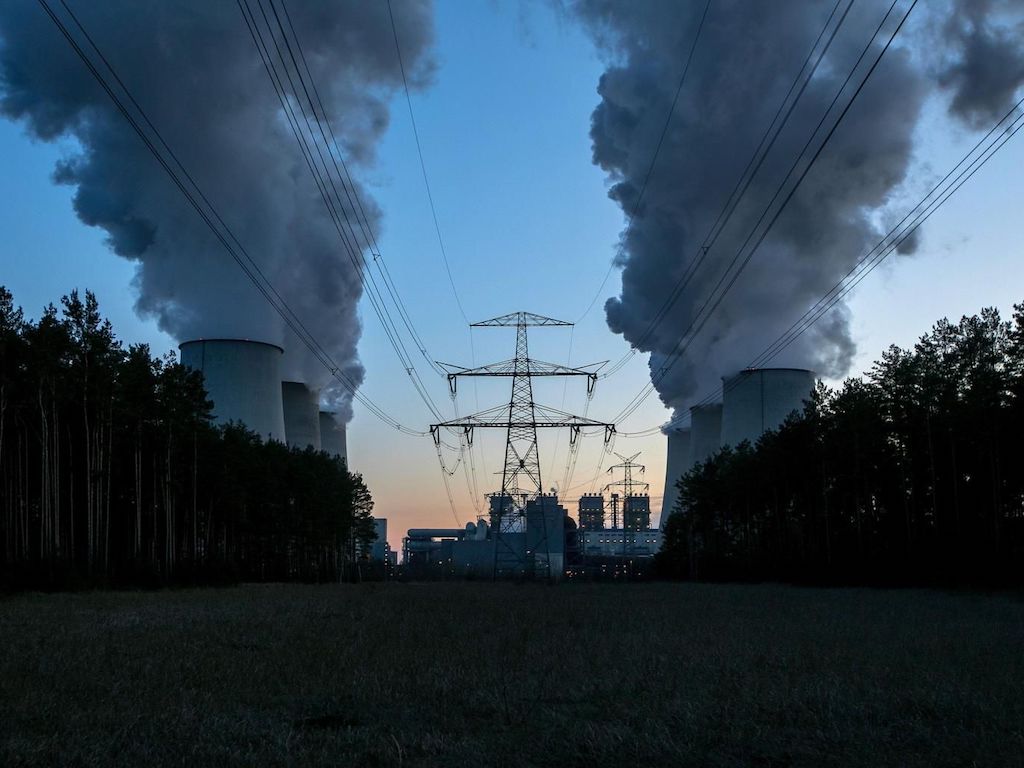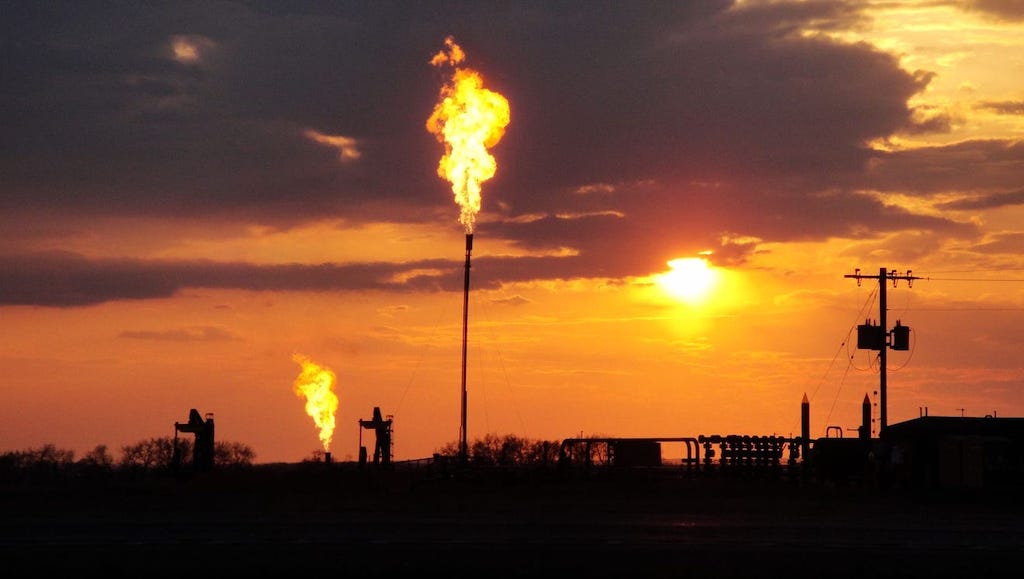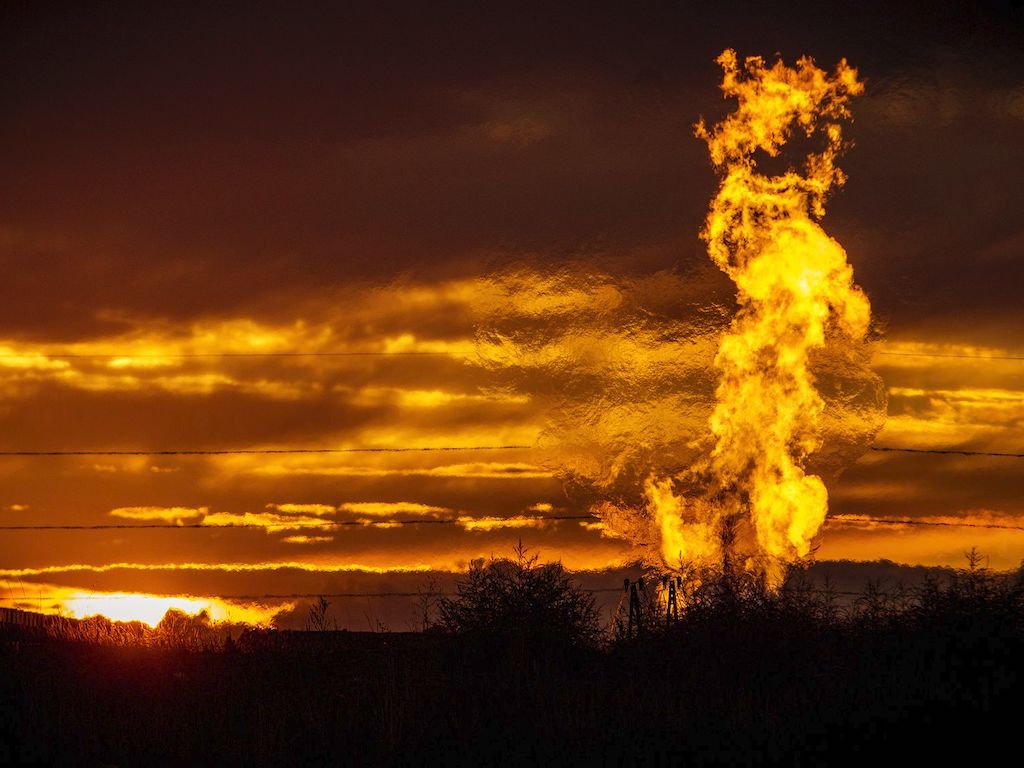3 Mins Read
New research has emerged finding that methane emissions, the second largest anthropogenic contributor to global heating, has been vastly underestimated. While the data shows methane emissions may contribute a larger part to the total driver of the climate crisis, the good news is that reducing emissions from those methane-emitting human activities, such as fossil fuel extraction, will have a much greater impact on curbing temperature rise than previously thought.
Researchers at the University of Rochester have recently published their study in journal Nature, which finds that scientists have been severely underestimating the amount of methane that humans emit into the atmosphere, primarily through fossil fuels. Methane is a potent greenhouse gas that contributes to global heating, which can come from both human activities and natural emissions. This is the first study to find that the 150% increase in methane emissions over the past three centuries has been predominantly driven from human activities such as fossil fuel extraction and burning.
The findings bolster other scientific studies that have called on the end of fossil fuels as crucial to the fight against the climate crisis. Commenting on the results, researcher and author of the study Benjamin Hmiel said that “placing stricter methane emission regulations on the fossil fuel industry will have the potential to reduce global warming to a larger extent than previously thought.”

Read: We can’t solve climate change if banks keep funding fossil fuels
The case for targeting methane emissions in particular lies in the relatively short shelf-life of the heat-trapping gas. While carbon dioxide is the largest anthropogenic greenhouse gas responsible for driving global temperature rise, methane lasts around 9 years in the atmosphere while carbon dioxide can persist for around 100 years, which means that if methane is reduced, then its impacts can be felt in a much shorter time period.
“Methane is important to study because if we make changes to our current methane emissions, it’s going to reflect more quickly,” said Hmiel.
Oil, gas and coal extraction are not the only source of human-induced methane emissions – other natural causes of methane emissions that stem from human activities include landfills, rice fields and livestock. In order to separate the natural and anthropogenic origins of methane emissions, the researchers collected ice cores from Greenland, which contain air bubbles that have trapped ancient air inside, and studied its composition.
By measuring the carbon isotopes in the air from over two centuries ago, the researchers found that almost all of the methane emitted into the atmosphere was “biological” or natural until 1870 – coinciding with the industrial revolution that saw a sharp increase in the use of fossil fuels such as oil, coal and gas. According to the study, previous estimates of methane emissions due to fossil fuels have been 25-40% lower than their figures.

Read: BP pledges net zero by 2050 but no plans to end fossil fuels
Other recent scientific studies have examined other destructive impacts of the fossil fuel industry. In the latest Greenpeace report on air pollution, scientists found that burning fossil fuels is responsible for an estimated 4.5 million deaths and economic losses of US$8 billion every single day, marking the first study to analyse the global health and monetary cost of the fossil fuel industry.
Scientists have warned that if global heating continues on its current trajectory, we are looking at increasingly frequent and overlapping climate disasters that will bring about global collapse. With mounting evidence on the damaging consequences of fossil fuels, it is clear that this industry must end if we are to stand a chance against climate change – which is set to hit countries in Asia and Africa the hardest, despite the fact that both continents have historically been accountable for fewer emissions.
Lead image courtesy of Orjan F. Ellingvag / Corbis / Getty Images.




